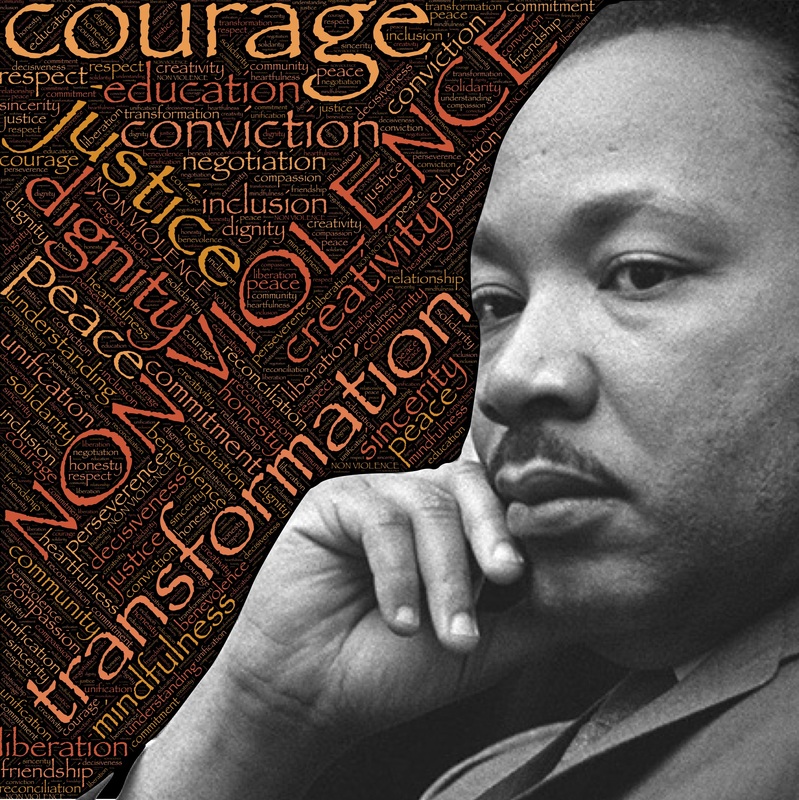
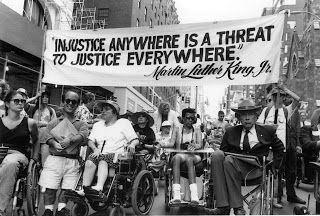
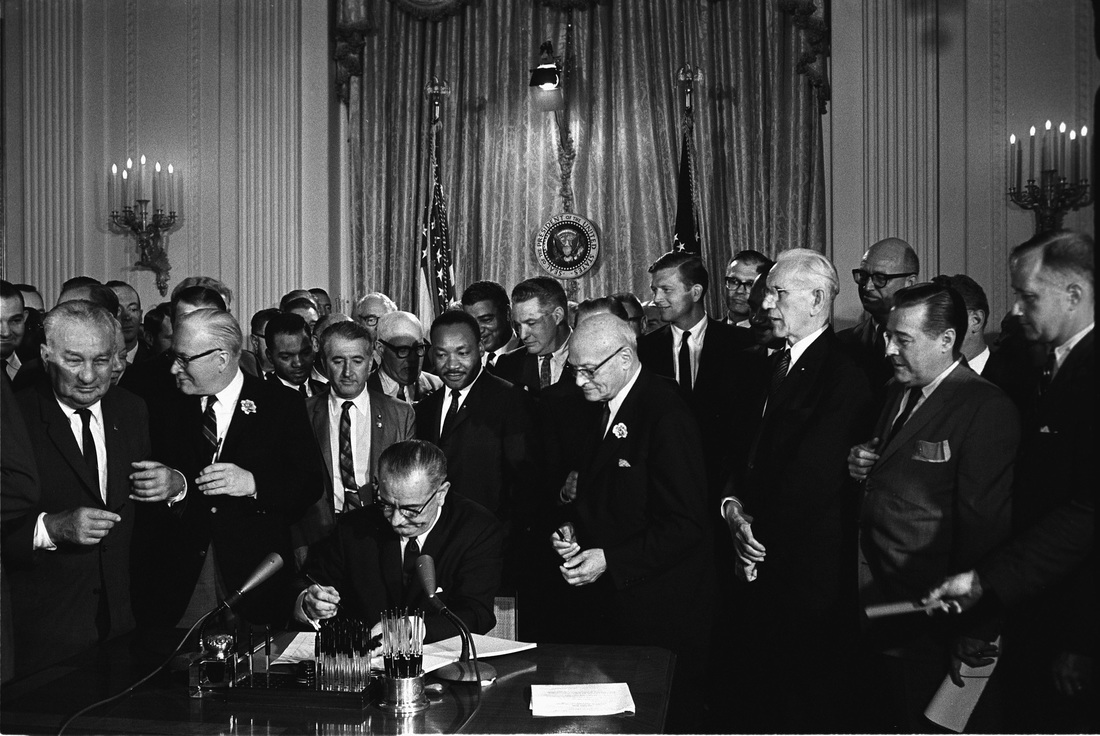

- obtain a free and appropriate education alongside their peers
-
access to things in their community -
- buildings
- transportation
- recreational activities
- continuing education and vocational programs
- employment opportunities
- financial security
- vote
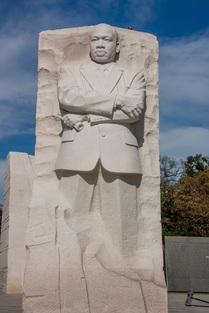
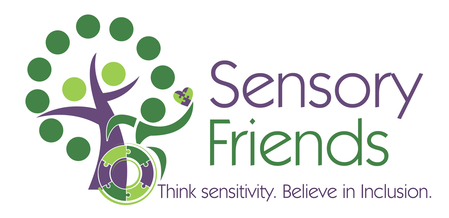
 RSS Feed
RSS Feed